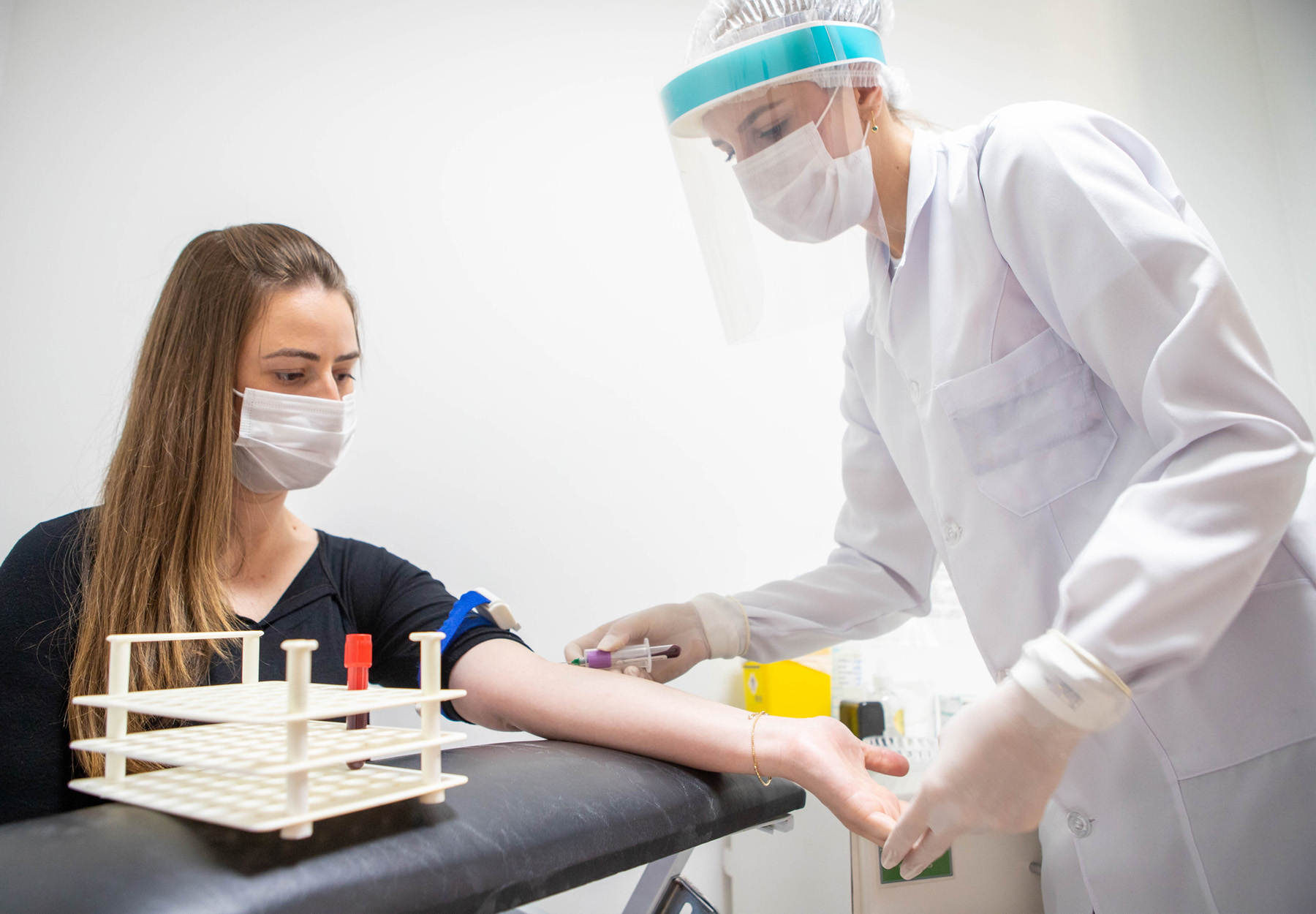Blood Test Can Reliably Predict Patient Risk of Long COVID
Research offers new evidence that a test targeting blood-based biomarkers can predict someone’s risk of developing long COVID.

Subscribe to Clinical Diagnostics Insider to view
Start a Free Trial for immediate access to this article